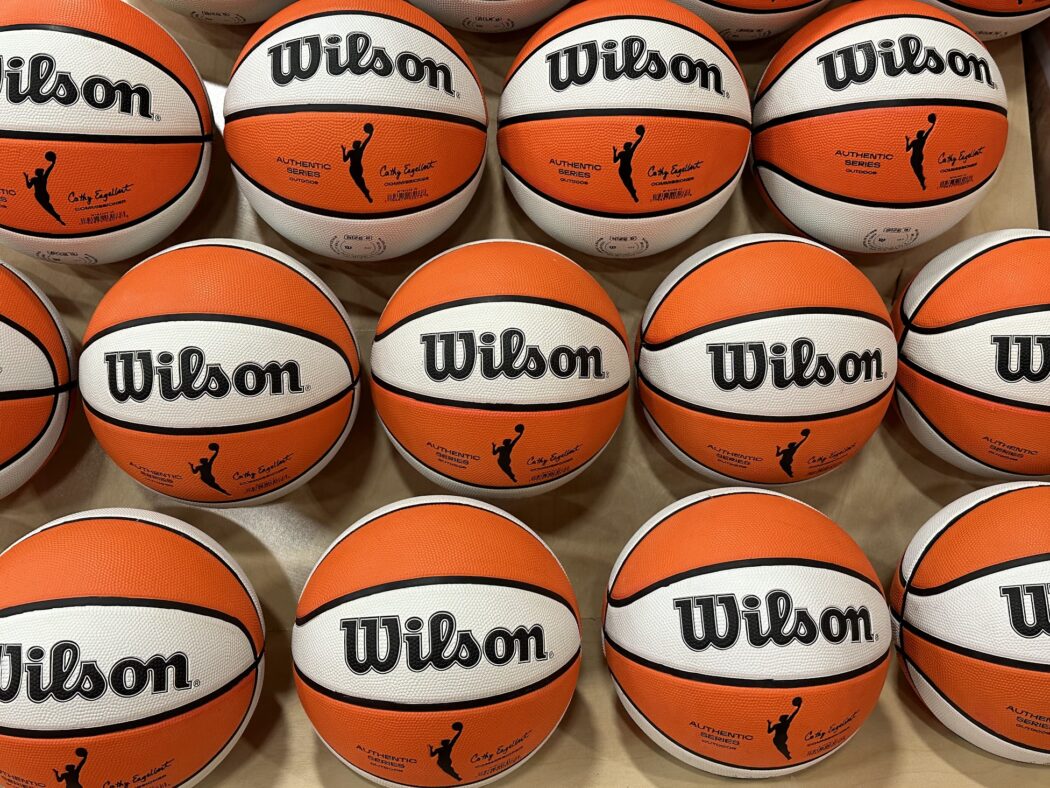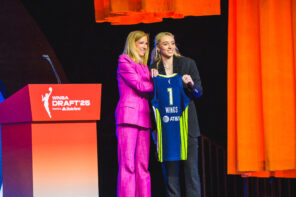Retransmission disputes.
They are a common feature of the media business.
An entity that owns and operates multiple cable channels has too high a cost per subscriber for said channels and cable company claims it wants a fair deal for its subscribers.
Media entity and cable company then get into a public relations fight to win the hearts and minds of the public only to find out said general public only sees millionaires and billionaires fighting over who gets a bigger piece of the financial pie.
No one wins the public relations battle then both sides realize they would have been better off ironing out a deal instead of calling their peeps and taking it to the streets.
The latest chapter in the retransmission battles between media entities and cable companies involves the Walt Disney Company and Charter Communications who operates its cable venture as Spectrum.
This one is particularly high profile because Disney happens to own and operate this thing called ESPN. One may have heard of it once or twice. Maybe more.
It also happened that ESPN happened to get into a fight with Spectrum at a very inopportune time for both sides – at the dawn of the college football season. And it also happens to be high profile because live sports are one of the few things that is keeping the cable business afloat.
In today’s era of streaming services, the big media conglomerates are attempting to go where the customers are. Ironically, the cost that one may pay for all of these different streamers actually adds up to the cost of one cable subscription, displaying the limitations of cord cutting.
As of today, Spectrum customers are blacked out of the Disney family of channels. These include the ESPN family of networks as well as local television channels Disney happens to own and operate in major Spectrum markets such as New York, Los Angeles and Dallas.
Hmmm….New York, Los Angeles and Dallas. What do those three cities have in common? They are also home to WNBA teams – the Liberty, Sparks and Wings of course.
In fact, a recent contest between the Liberty and Chicago Sky – one that New York won by a final of 86-69 over the Sky – was an ESPN2 telecast. Luckily for those displaced Spectrum subscribers, there was a watch party organized at Brooklyn’s Fulton Hall which is only a few city blocks north and west of Barclays Center.
Charter, ironically, is based in another WNBA market – Connecticut even though the state itself is mostly an Xfinity (Comcast) state. There are also a few Spectrum subscribers in another WNBA market – Atlanta (home of the Dream) even though it too is mostly an Xfinity market.
There are also other major women’s basketball markets that are dominated by Spectrum as well. These include Ohio, Louisville and the Carolinas (outside of Charleston which is an Xfinity city).
About those Sparks by the way – they not only play in a major Spectrum market but their games are aired locally on a channel that is half-owned by the cable provider and half-owned by the Los Angeles Lakers.
Spectrum is the country’s second largest cable provider outside of Xfinity – and the biggest reason why this retransmission dispute could not have come at a worst time for the WNBA is because it is happening on the eve of the playoffs.
All WNBA playoff contests are shown on ESPN. This is particularly a problem for Liberty and Wings fans. Both teams have already qualified for the playoffs. And while the Wings may or may not make a deep playoff run, this particularly is a problem for Lib Loyals that reside east and north of the Hudson River.
Those that reside west of the Hudson River in New Jersey will be fine because the Garden State is – similar to Connecticut – dominated by Xfinity. But a lot of Spectrum subscribers exist in the city and the Lower Hudson Valley. There is also this thing called Optimum that plenty of New Yorkers know about – which was called Cablevision in another lifetime.
Cathy Engelbert and the WNBA would be smart to at the very least address this prior to the playoffs. After all, Disney is the primary partner for the W and this will certainly displease those fans in those aforementioned markets who wish to view this season’s postseason. Not to mention those in the W’s flagship market that may be blacked out of seeing the Liberty’s first ever championship because of an unnecessary dispute between two greedy entities.
Of course, nowadays, there are several alternatives for displaced Spectrum subscribers but those too may cost and arm and a leg and many of those subscribers may be eager to cancel those as soon as the Disney-Spectrum snafu is settled.
Our guess, though, is that this will be settled quickly. These disputes typically have both sides willing to hash out new deals once both sides see greed gets them nowhere and the best way to ensure financial fortunes is to get back to the bargaining table to kiss and make up.
In fact, it is no different from a breakup. Both sides realize they were wrong. Then absence makes the heart grow fonder. Someone sends a text or call to the other person to talk about what happened, both apologize then they get back together.
With Disney and Spectrum, this is more about money than emotions but the people heading these companies are rich – meaning they have massive egos. So emotions are somewhat at play here.
Ultimately, both sides need to realize subscribers will call double technical fouls on both in the form of lost subscribers and interest. Maybe a phone call or Zoom meeting from Engelbert to a few ESPN executives will keep the clock running towards a new deal.




